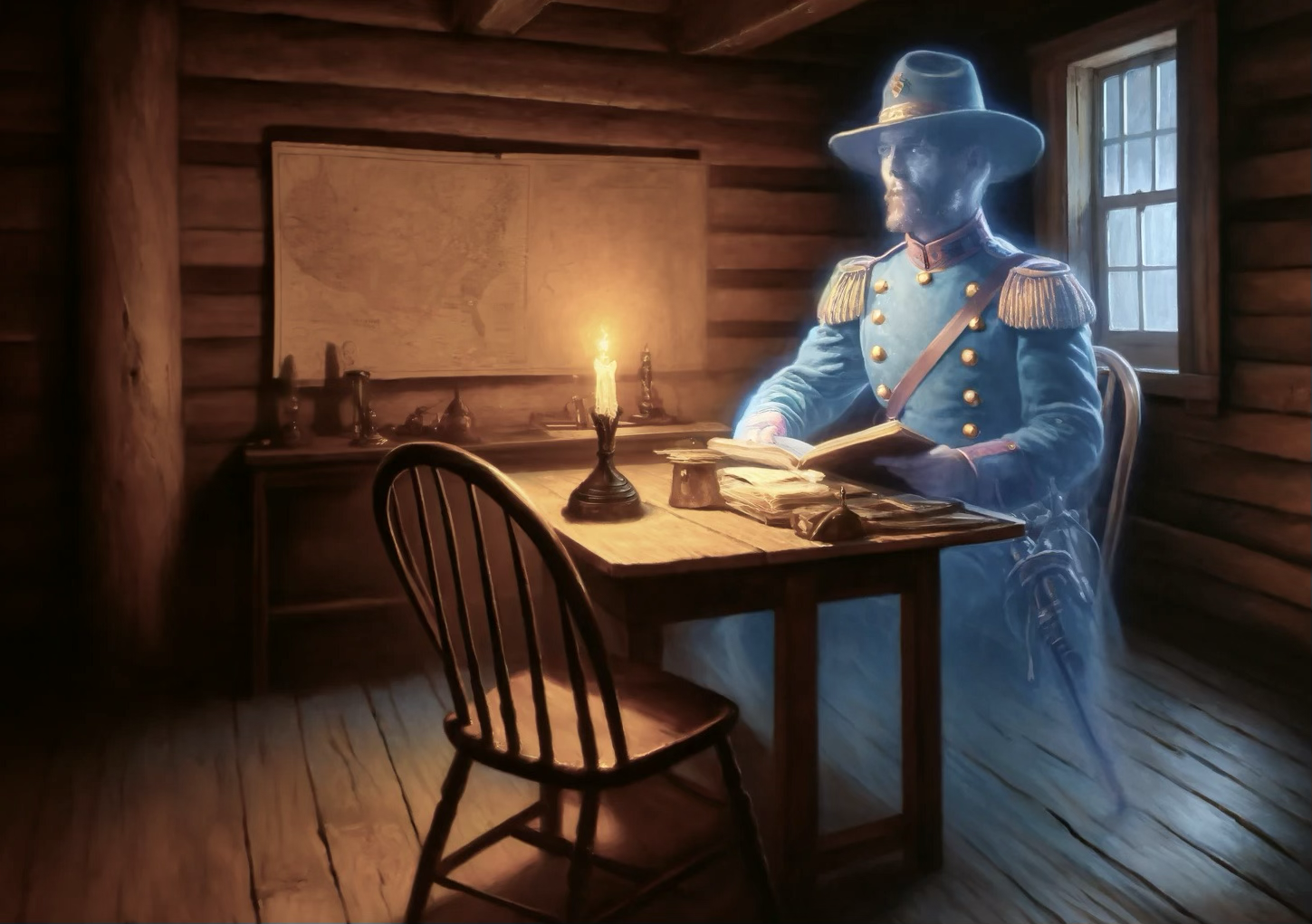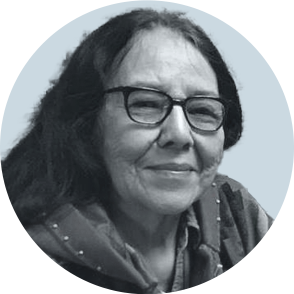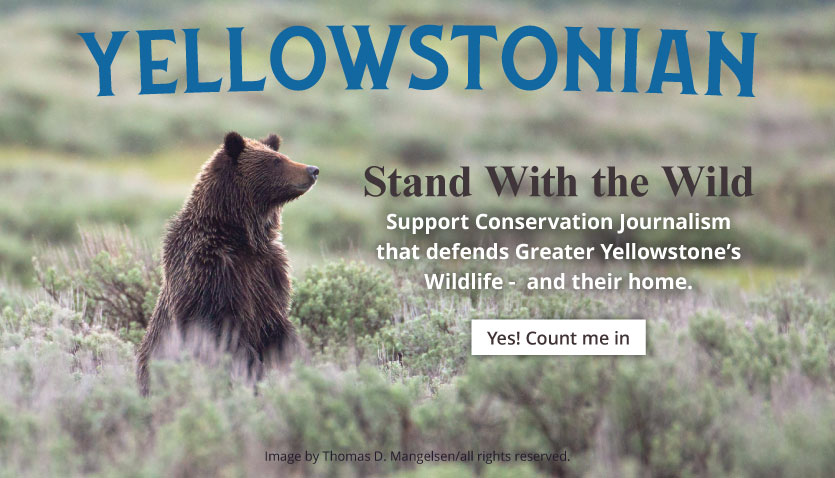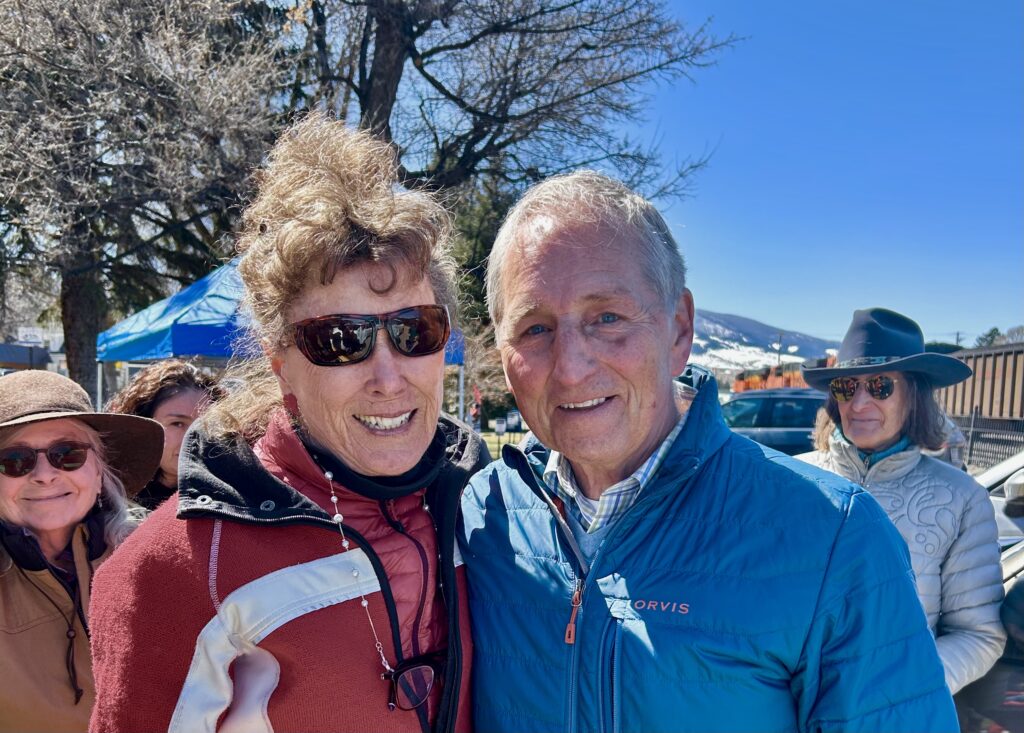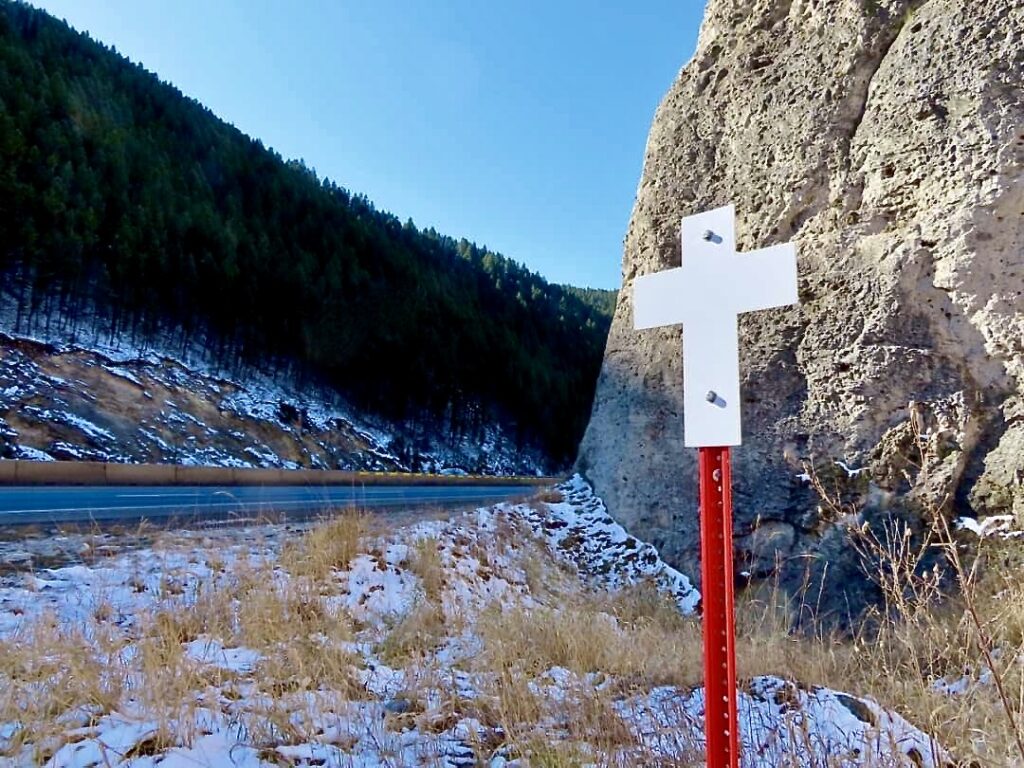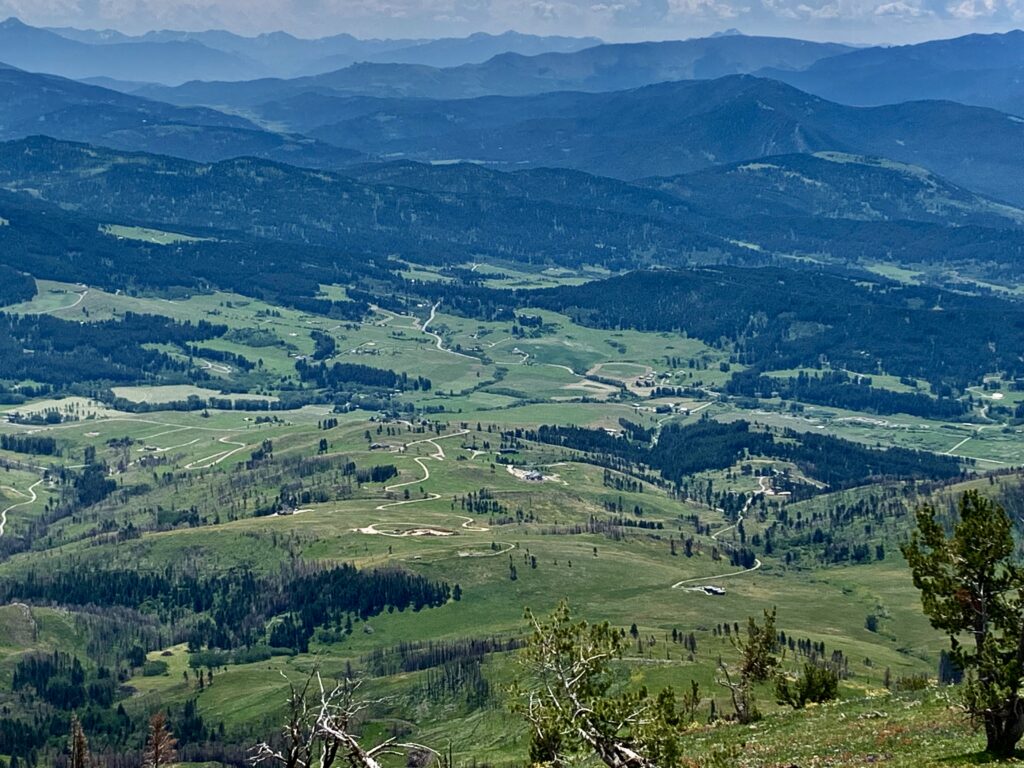EDITOR’S NOTE: Lois Red Elk sends her greetings from Fort Peck where she is finishing up her next book of poetry expected to be out in the fall. Her son is helping her finalize a cover for the long-awaited volume. For now, she and her husband, Dennis, and their extended family members are savoring summer on the prairie. When the poem below first appeared in an earlier collection, Why I Return to Makoce, it caught our attention. Moving and provocative, we know you’ll find it worth sharing again. What does it mean to offer forgiveness and what does it mean to accept it? —Todd Wilkinson, Yellowstonian co-founder

Encounter at the Fort
by Lois Red Elk
One year my sister and I were invited to sell our arts and crafts
at a place called Ft. Union, which is on the border of MT. and
N.D. It was a full day of selling, bartering and discussion with
so many people earnestly wanting to know where their Indian
heritage came from and how they could find out the true meaning
of certain words—biases they heard and grew up with. My sister
and I were tired, we had a good meal with our generous hosts,
but needed to sit down, rest our feet and contemplate events of
the day. We were offered a place to sleep over night so we
agreed and were shown to our quarters which turned out to be in
one of the Fort bastions. We both had no idea about the rumored
ghosts that haunted the building but would soon find out. The
room we stayed in had no electricity as the Park Service wanted
to maintain the ambiance of the house. The park ranger offered us
buffalo robes to sleep on which turned out to be very comfortable
for our tired bodies. We were also given some old time candle
holders and candles. We thought we would just read until the
candles went out. It was a good decision that we decided to bring
flashlights with our luggage. We both fell asleep before all the
candles burned down. During the night my sister grew restless,
turned over and thought I was sitting in the chair next to her cot.
She raised her head and wondered why I decided to sit up and
read. She looked again because the light was growing dimmer
and realized the person sitting next to her was not me. It was a
soldier from another era.
“I am going to sit here for awhile, in the candle light. It is
quiet and composed. I feel a peaceful spirit floating through
the years to this moment. It has been a long time since I saw
women busy and liking their work. I just want to enjoy the
easy light rising and to clear my place in this atmosphere.
You have guessed who I am. I was sent here to serve after
the Indian wars. I never liked the hurt we brought here—to
the people and the land. I know you love this place and now
that I am here I too understand that love. It was the killing
coming at me so fast. I didn’t have time to protect myself.
Now I wander this place trying to get home. You are good
people and know what to do. Please pray for me.”
Early the next morning, sister and I lit sage and sweet grass and
prayed the spirit return home. As Lakota people we know about
spirit-like images that haunt different places, but never thought we
would encounter one of them. We were both glad to send out prayers.
©Lois Red Elk

